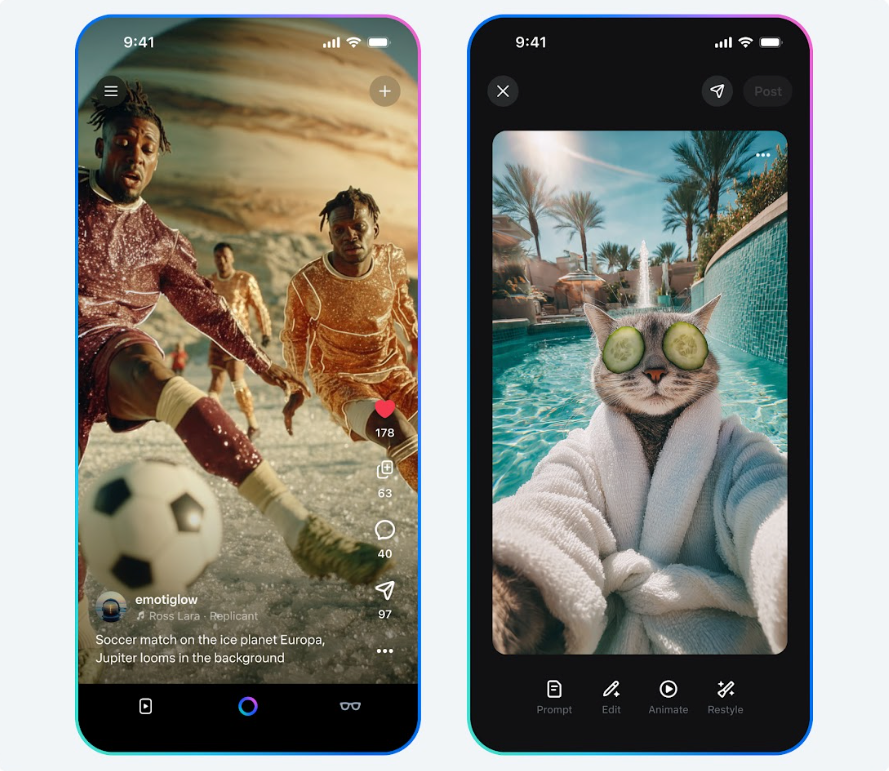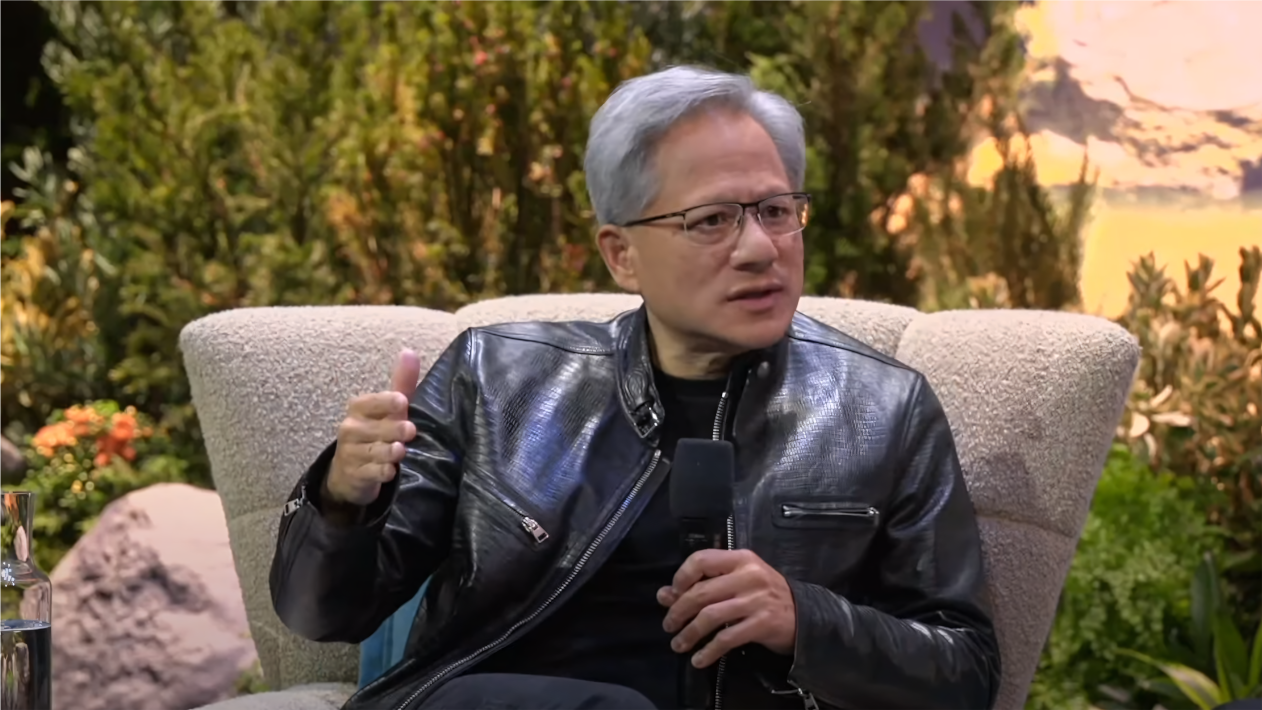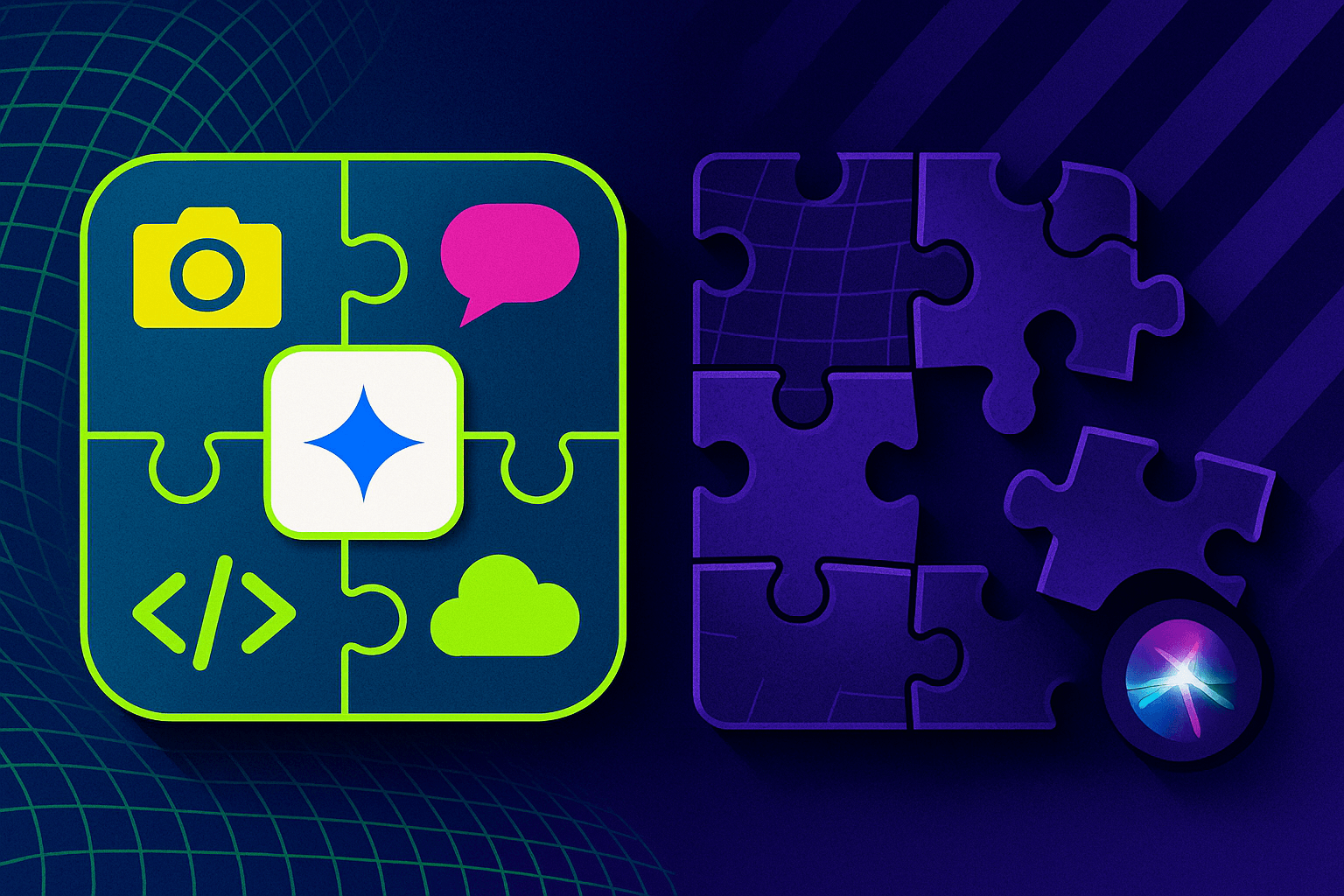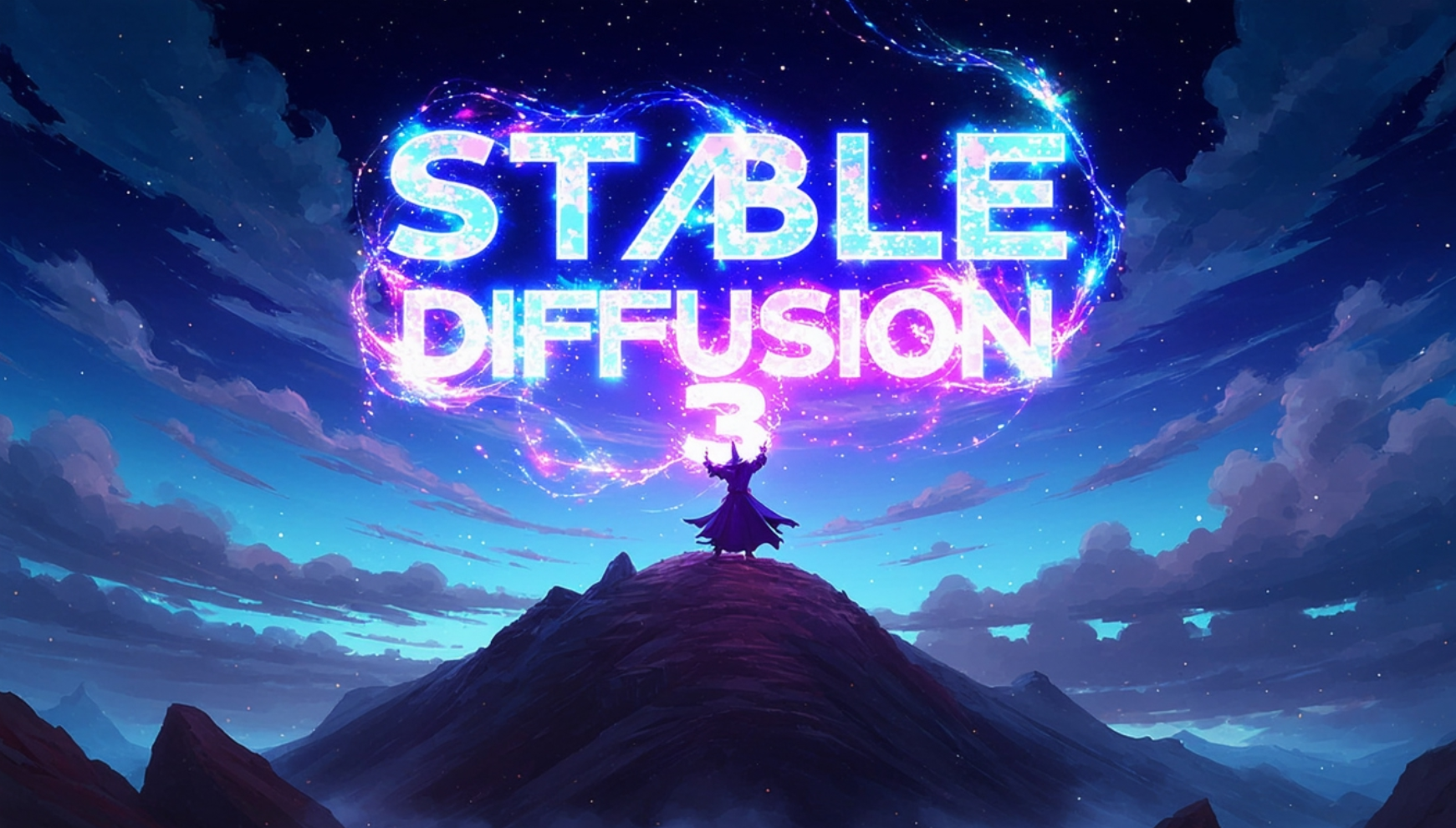Meta is bringing its AI video feed Vibes to Europe through the Meta AI app. Every clip on Vibes is generated by artificial intelligence - users can create short videos from text prompts, remix existing ones, add music, and adjust the visual style. Over time, the feed learns what users like and tailors its suggestions accordingly. Finished clips can be shared directly in the app or posted to Instagram and Facebook.

Vibes first launched in the U.S. in September 2025. The Meta AI app also includes the company’s AI assistant, plus tools for image editing and managing Meta’s AI glasses. By comparison, OpenAI has separated its own AI video experience into the standalone Sora app, which isn’t yet available in the EU.






